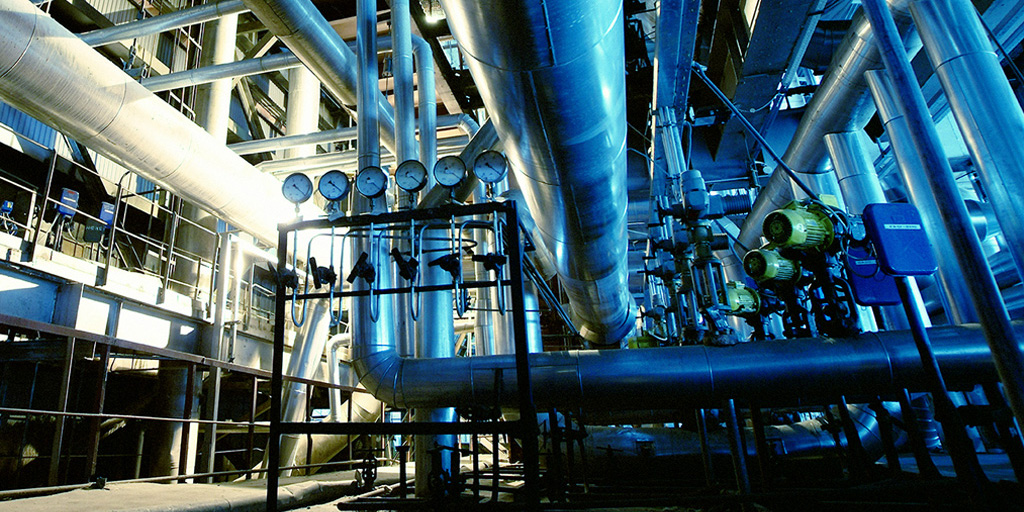DISTRICT HEATING PLANTS
The Ministry of Climate and Environment has initiated an important dialogue on the future of district heating in Poland, presenting the “Strategy for Heating until 2030 with a Perspective to 2040”. This document sets out a path for the sustainable transformation of the district heating sector, in line with national energy and climate goals and the requirements of the European Union.
Objectives of the Heating Strategy:
- Integration with Poland’s energy policy and EU climate plans, including the “Fit for 55” package.
- Transition to high-efficiency heating systems, utilizing renewable energy sources (RES) and cogeneration technologies.
- Significant reduction of harmful emissions, thereby improving air quality.
Key Actions:
- Modernization of Heating Infrastructure: To meet the requirements of the EU directive on energy efficiency, Polish district heating plants need to undertake intensive modernization efforts, switching to more ecological and efficient systems.
- Development of Renewable Energy Sources: Integration of RES, such as solar, wind, geothermal energy, and biomass, with heating systems is crucial for reducing CO₂ emissions and increasing energy efficiency.
- EU Support for Innovation: With available EU funds, Polish heating plants have the opportunity for significant transformation by introducing innovative technologies that increase the share of RES and cogeneration in heat production.
- Improving Air Quality: Connecting new buildings to heating networks and replacing old coal boilers with modern solutions like electric boilers powered by emission-free sources will significantly improve air quality in cities.
Challenges and Opportunities:
The implementation of the heating strategy until 2030 and 2040 is both a challenge and an opportunity for Poland to strengthen energy security, improve public health, and meet climate commitments. The key to success will be cooperation between the government, local authorities, the heating sector, and residents, aiming for a common pursuit of a sustainable energy future.
Connecting new buildings to heating networks contributes to improving air quality and reducing harmful emissions. Replacing old coal boilers with, for example, electric boilers powered by emission-free energy sources such as a Zero-emission Power Plant, combined with an electric water heating system, will allow for a reduction in CO₂ emissions in the heating sector by 40 – 43% by 2030. Thus, Poland will have the opportunity to fulfill European commitments on emission reduction.
We invite all stakeholders to actively participate in the transformation of urban heating, shaping the energy future of Poland in the spirit of sustainable development and innovation. Together, we can achieve ambitious goals and ensure a better future for subsequent generations.






























